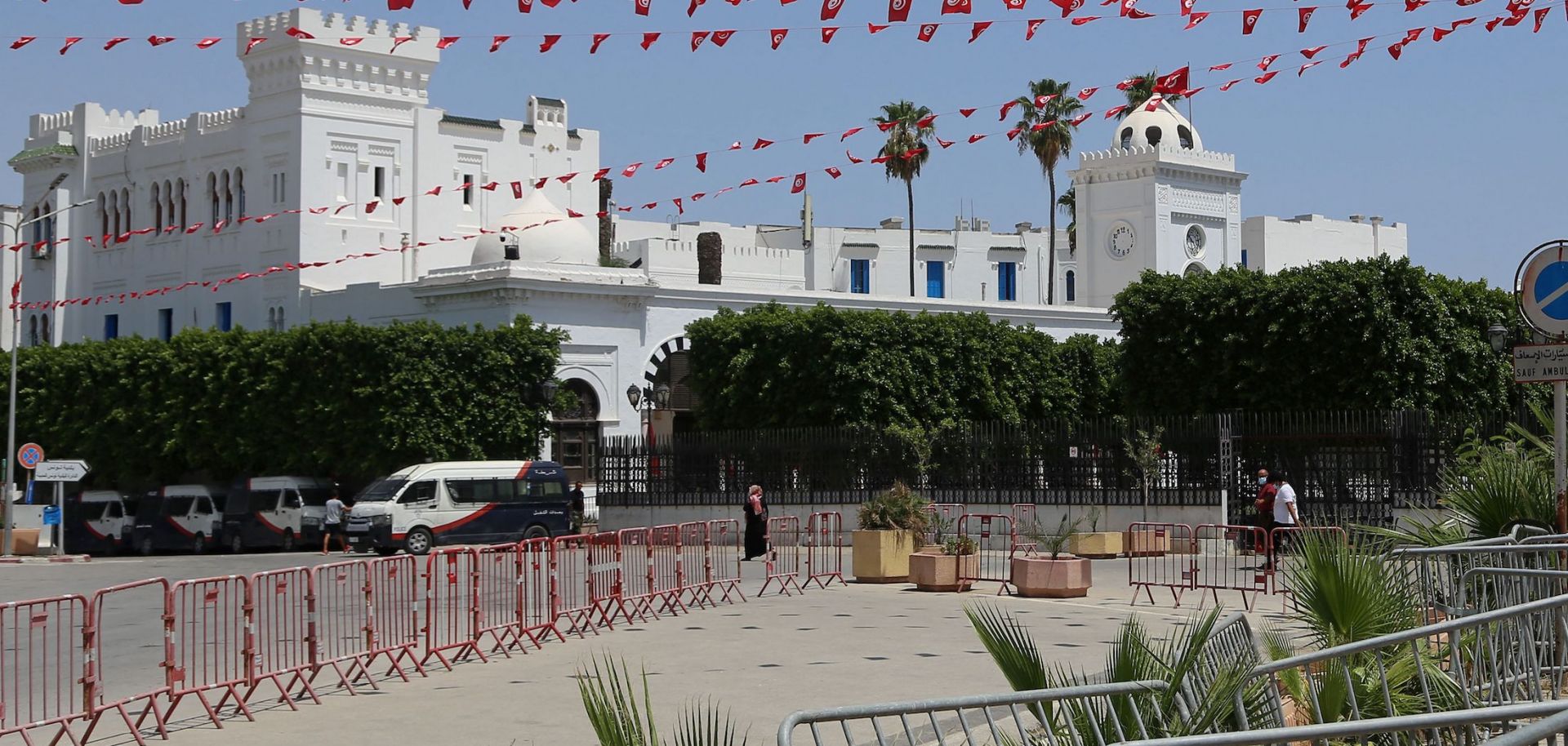Tunisian President Kais Saied’s move to freeze parliament and fire the prime minister has thrown the North African country’s democratic trajectory into question for the first time since the Arab Spring -- ushering in a political crisis on top of Tunisia’s deepening economic and COVID-19 crises. On July 25, Saied suspended parliament for 30 days, fired Prime Minister Hicham Mechichi (along with his government), and announced he would assume executive authority alongside a new prime minister who has yet to be named. In doing so, Saied invoked Article 80 of Tunisia’s 2014 constitution (which allows for the president to take “exceptional measures” in the event of “imminent danger” to the state), pledging to use the 30-day legislative hiatus to focus on the country’s economic problems and surging COVID-19 cases. Saied also announced that most activities of public institutions will be suspended July 27-28, and that a nationwide curfew prohibiting people...

